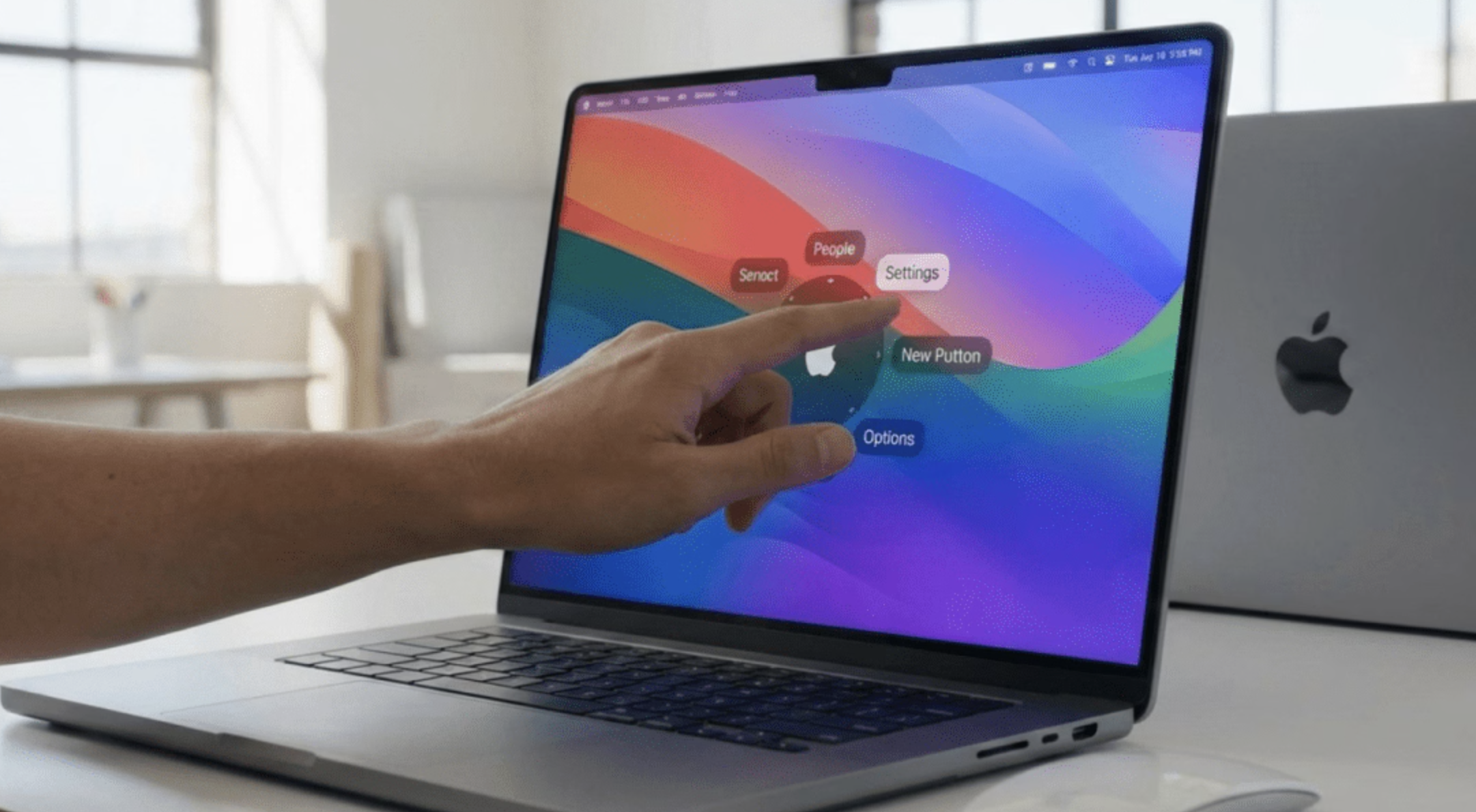On social media and search engines, “Boycott USA” movements have taken off, with users offering tips on how to steer clear of American goods and brands.

Trump’s golf courses in Scotland and Ireland were the target of protests over a number of policies even before he announced the wide-ranging tariffs.
Boycott USA Movements Taken Off; Elon Musk and Tesla Singled Out
After Trump made threats to seize power in Canada, Canadian consumers started to steer clear of US products.
As part of the “Tesla take-down,” Elon Musk and Tesla have also been singled out, with demonstrations at showrooms and cars being set on fire, particularly in Europe and Australia.
These consumer boycotts, which are spreading to related companies like Tesla and Trump properties, are a reflection of a larger outrage toward the US government.
By placing a black star on price labels for European products, Denmark’s Salling Group is assisting consumers in recognizing non-US goods.
In Canada, consumers are using the Maple Scan app to determine whether an item is owned by the US or Canada and are flipping US products on shelves.
Boycott attempts are complicated by the fact that many brands that appear to be local are actually owned by US corporations. For instance, US companies own Cadbury, Waterstones, and Boots in the UK.
Facebook Groups in Canada and Denmark Spread Word About Non-US Alternatives
Although the boycott movement uses the US-based Facebook platform to organize, Facebook groups in Canada and Denmark help spread the word about non-US alternatives.
Global retail is heavily reliant on US technology and payment systems; even when American goods are avoided, payments made with Visa, Mastercard, Apple Pay, or Worldpay still support US businesses.
This illustrates how ingrained American companies are in the daily lives of consumers, making complete boycotts all but impossible.
Some American companies are easy targets for boycotts because of their overtly patriotic branding, such as Budweiser, Starbucks, and Coca-Cola.
Instead of attempting to completely understand intricate ownership structures, consumers might concentrate on avoiding obviously American brands.
These are referred to as “proxy boycotts,” in which a political agenda rather than a particular business is the true target.
One historical example is the boycott of French wine in the 1990s following nuclear testing, which resulted in France ceasing its tests and costing the wine industry millions of dollars.
This demonstrates how boycotts can use consumer spending power to sway political decisions.
Trump’s aggressive “liberation day” tariffs are intended to demonstrate US power, but the backlash could lead to international consumer resistance that would hurt US companies.












